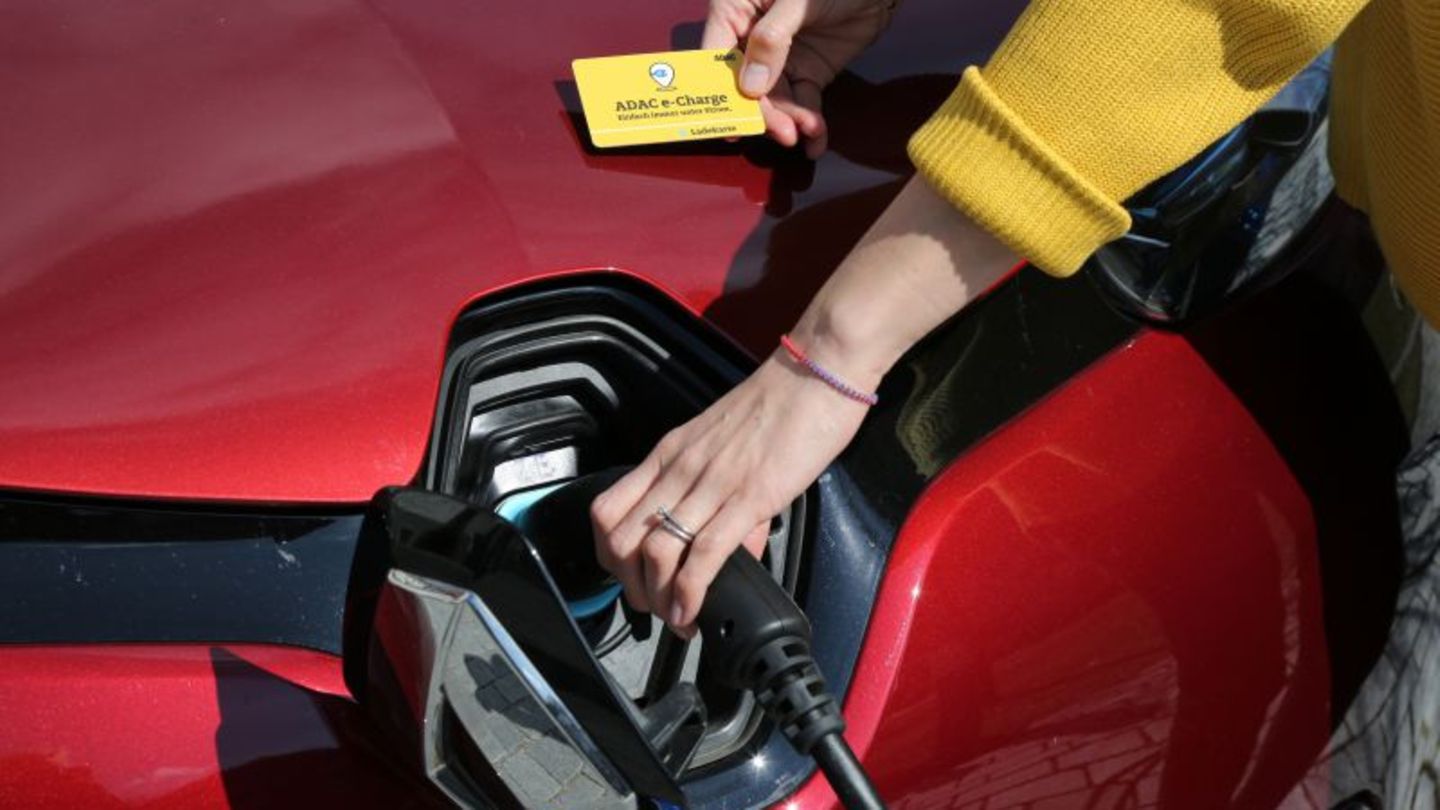The ADAC and EnBW are going their separate ways after failed negotiations. They are burying their liaison called “E-Charge” this summer. Will charging on the go now become even more expensive?
Surprise for electric car drivers: ADAC and the energy company EnBW are separating from each other. The popular common charging card “ADAC E-Charge”, which works almost without any problems throughout Europe (around 600,000 charging points), will soon no longer be available. In recent years, the yellow piece of plastic has become a kind of “people’s charging card”. Around 400,000 e-car drivers already use them. Many consumers joined the ADAC specifically to be able to use the “E-Charge” tariff. These days we are receiving emails and letters saying that this time is coming to an end.
The main advantage of the card is the comparatively low prices for fast charging stations, which electric car users often go to when they are on the move because they want to fill the battery quickly. To date, a kilowatt hour on an EnBW column costs 51 cents (without paying an additional monthly fee). Almost without exception, 60 cents are charged at taps from roaming partners. This offer will no longer be available from August 1st. Then the old ADAC card no longer works.
Fierce negotiations without success
According to company sources, the separation was preceded by heated discussions about pricing and transparency. In the end, the ADAC pulled the ripcord to look for a new partner. The car lobbyists had already publicly warned several times that e-mobility would only become established if charging prices were attractive. A new contract with one of the major German electricity providers is now about to be concluded. The ADAC promises an “aggressive package” and holds out the prospect of falling tariffs – which would turn the bad news into good news. After starADAC customers will be able to order the new card soon on August 1st.
However, if you would rather stay with EnBW and continue working with their charging card or their “Mobility+” app, you will have to expect increasing expenses. The Karlsruhe-based group has just published its new in-house pricing structure. From June onwards, a kilowatt hour at all EnBW columns will cost 59 cents. With roaming partners, the bill becomes a game of chance: the tariffs vary between 59 and 89 cents, and the app provides information about the applicable prices. Frequent drivers are therefore at risk of a gamble, as EnBW fuel pumps are still far from being found everywhere.
The national company often raised prices
EnBW, which is almost 100 percent publicly owned, was already criticized in 2021 for non-transparent price increases. Above all, the managers aligned the prices for simple AC charging with their high fast charging tariffs. In the crisis year of 2022, tariffs rose by an average of 27 percent. So far, EnBW has not taken any of this back, even though electricity prices on the exchange have fallen drastically again.
Source: Stern




